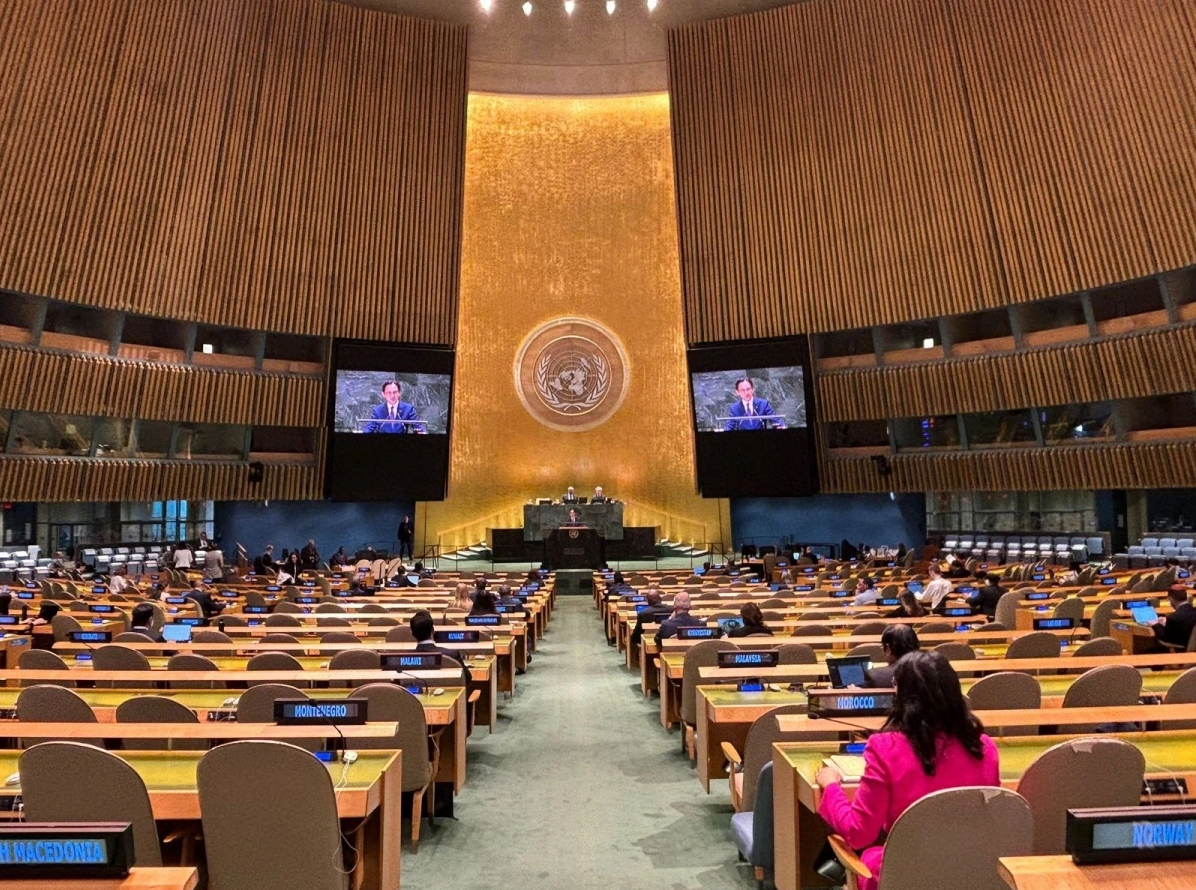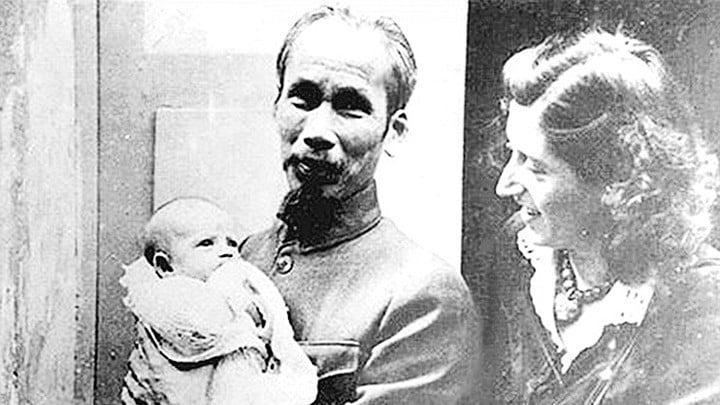AFP reported that the bill was approved by Israel's 120-seat parliament on July 24 with a 64-0 vote, after opposition lawmakers boycotted the vote.
The bill seeks to limit the power of Israel's Supreme Court to invalidate government decisions that its judges deem "unreasonable." It is one of several judicial reform proposals by Prime Minister Netanyahu and his ruling coalition that have sparked protests that have rocked Israel since they were introduced in January.

Israeli Prime Minister Benjamin Netanyahu in parliament on July 24
The bill was passed as Mr Netanyahu, 73, returned to the Knesset (Israel's parliament) just a day after undergoing surgery to implant a pacemaker. While the vote was taking place inside parliament, police used water cannon to try to disperse protesters gathered outside the building.
Israeli President Isaac Herzog has tried unsuccessfully to find a compromise between the parties after half a year of mass street protests. Ahead of the vote on July 24, he warned that Israel was facing a "national emergency".
Netanyahu's ruling coalition, which includes far-right and ultra-conservative Jewish parties, argues that the proposed changes are necessary to ensure a balance of power between the branches of government . Opponents, meanwhile, say the effort is aimed at curbing the independence of the judiciary.
"We have taken the first step in this important and historic process - the process of repairing the judicial system and restoring the powers that have been taken away by the government and the Knesset," Israeli Justice Minister Yariv Levin, the architect behind Netanyahu's judicial reform efforts, said of the passage of the bill limiting the Supreme Court's powers.
The latest development is almost certain to continue the deadlock. Within minutes of the vote, a political monitoring group and a moderate opposition leader said they would appeal the law to Israel's Supreme Court, according to Reuters.
Source link
































![[Photo] Scientific workshop "Trade unions with the task of participating in state management and building a socialist rule of law state"](https://vstatic.vietnam.vn/vietnam/resource/IMAGE/2025/8/22/789f6384ec37466098a8bcb531deb281)

































































Comment (0)